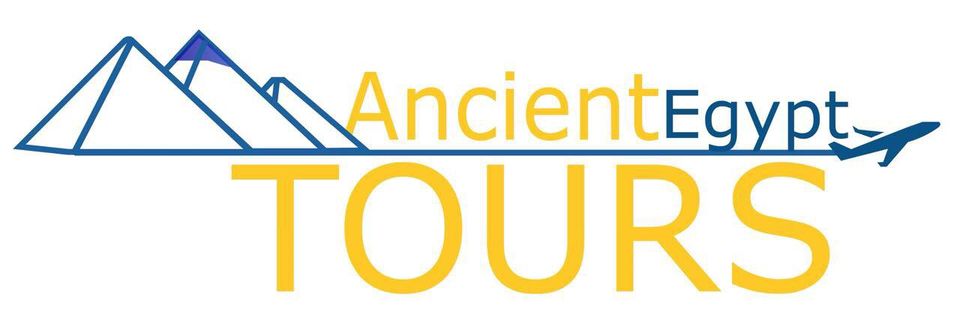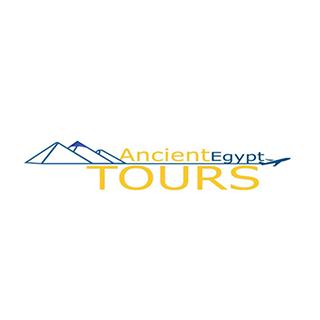Deliceps Museum
Deliceps Museum, located in the city of Alexandria, is a treasure trove of ancient Egyptian art and artifacts that traces the rich history of the country from the Pharaonic period to the Greco-Roman era. The museum was established in 1892 and named after its founder, the Greek businessman Demetrios Deliceps. It is one of the oldest museums in Egypt and attracts tourists and scholars from all over the world.
The museum houses a vast collection of more than 11,000 objects, including statues, mummies, jewelry, pottery, and coins. One of the highlights of the museum is the sarcophagus of the pharaoh Merenptah, who was the 13th son of Ramesses II and ruled Egypt from 1213 to 1203 BCE. The sarcophagus is made of pink granite and is adorned with intricate hieroglyphics and scenes of the pharaoh’s journey to the afterlife. Another notable artifact in the collection is the famous Rosetta Stone, which was discovered in 1799 by a French army officer during Napoleon’s campaign in Egypt. The stone, which dates back to 196 BCE, contains a decree issued by the Pharaoh Ptolemy V in three scripts: hieroglyphics, Demotic (a cursive script used for everyday writing), and Greek. The Rosetta Stone was instrumental in deciphering hieroglyphics and unlocking the secrets of ancient Egyptian civilization.
The museum also has a dedicated section to the Greco-Roman era, which reflects the influence of Greek and Roman culture in Egypt during their occupation of the country. The collection includes busts and statues of Greek and Roman gods and goddesses, as well as everyday objects like lamps, cups, and coins. In addition to its impressive collection of artifacts, the Deliceps Museum offers visitors a glimpse into the lives of ancient Egyptians through its interactive exhibits and informative displays. Visitors can learn about the mummification process, the importance of religion in ancient Egypt, and the daily life of ordinary people.
Overall,
the Deliceps Museum is a must-visit destination for anyone interested in Egyptian history and art. Its collection of artifacts and its dedication to educating the public about the rich cultural heritage of Egypt make it a unique and valuable institution.




Comment (0)